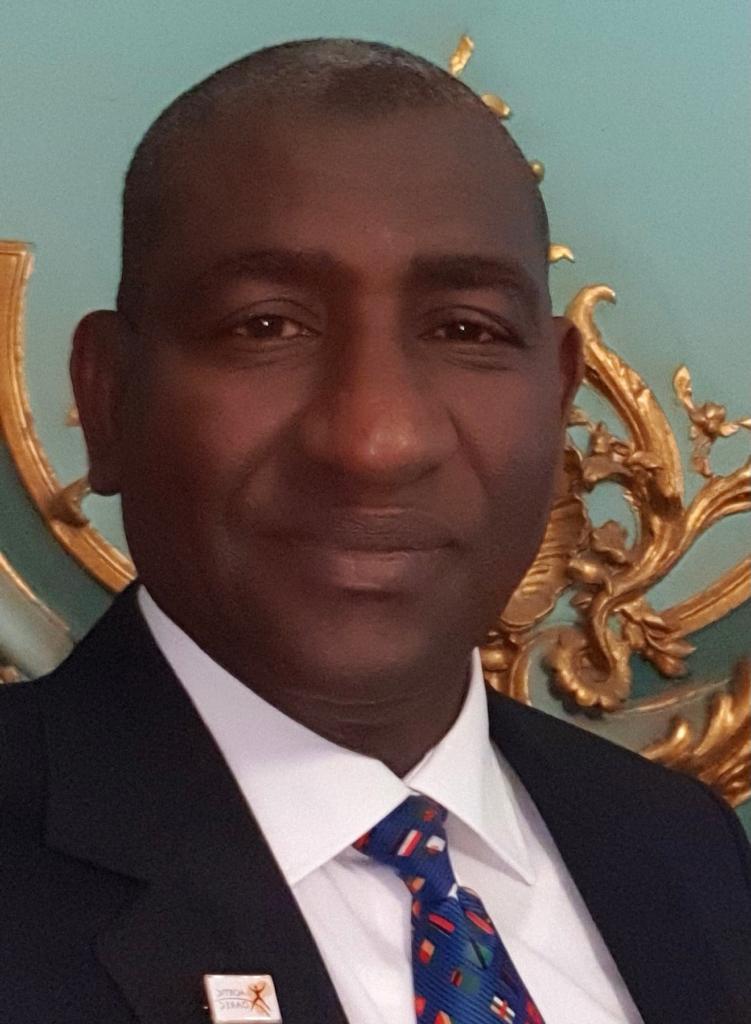World Cancer Research Day: Advancing Equitable Global Partnerships to Address Cancer in Africa
, by Abubakar Bello, MD, President, AORTIC
The increase in cancer burden in Africa is projected to outpace that of other continents within the next two decades. While there is an urgent need to address issues around access to healthcare in general, increasing cancer research and control efforts on the continent could significantly improve public health in Africa. Moving forward, for such efforts to have the greatest impact in Africa, cancer research must be done in Africa, by African investigators, with a focus on translating results in meaningful ways to African populations. It was in this spirit that the African Organization for Research and Training in Cancer (AORTIC) was founded in 1982 by a group of expatriate African physicians and scientists in the USA. Although the organization had a slow start, it became very active from 2000 on with the support and collaboration of non-African friends and colleagues (Mohammed S. et al.). AORTIC strives to transform cancer control in Africa through collaboration in education, research, and delivery of equitable and timely interventions to minimize the impact of cancer. Since its reactivation, AORTIC has succeeded in putting cancer on the public health agenda in many African countries by highlighting Africa's urgent need for cancer control and by holding meetings every two years in various African cities.
Meaningful progress will be attained through harnessing expertise and resources from within and outside of Africa to address the needs and priorities of Africa. As the leading cancer organization in Africa, AORTIC has embarked on a significant effort towards building equitable global partnerships to advance cancer research in Africa. We recognize the urgent need of a well-trained, home-grown research workforce to advance Africa’s cancer research agenda. To meet this need, we have partnered with the US National Cancer Institute (NCI) and the American Association for Cancer Research (AACR) to revamp the Beginning Investigator Grant for Catalytic Research (BIG Cat) initiative to support early-career African investigators to establish successful cancer research careers in Africa. Support for BIG Cat comes from various academic, industrial, and scientific organizations. Given its demonstrated successful track record (Vogel A. et al.), we are confident that the BIG Cat initiative will continue to generate a cadre of talented African cancer researchers who would lead the generation of Africa-specific data, knowledge, and evidence-base to inform cancer prevention and control activities in the continent. Without doubt, we will continue to pursue strategies and partnerships to increase and sustain the cancer research workforce in Africa. With a strong research workforce, we can focus our attention on building equitable research collaborations rooted in deep understanding of the local settings, cultures, and health systems in Africa.
The cancer problem in Africa cannot be solved by Africa alone, without the support and collaboration of global partners. This year we are thrilled to have joined the World Cancer Research Day (WCRD) planning committee. This global movement, which promotes the value of research and collaboration to improve survival rates and the quality of life of cancer patients, is further enriched and globalized with the participation of Africa. This partnership affords us a unique opportunity to advocate for equitable research collaborations in Africa in line with this year’s WCRD goal of achieving global equity. Our immediate contribution includes advocating for research collaborations that will address the cancer disparities experienced by Africans in Africa and across the diaspora. Africa’s rich population and environmental diversity greatly contributes to our understanding of cancer causes including the impact of gene-environment interactions and climate change. We will continue to advocate Africa’s research agenda and ensure true participation of African scientists. AORTIC aims to provide an entry point for those who wish to conduct collaborative research in Africa. We encourage our colleagues to leverage AORTIC to improve diversity and inclusion, without which equity in cancer control cannot be achieved. Undeniably, it takes the global village to work together in driving progress against cancer and ensuring that no man or woman dies of cancer because of geographical location. So far, the cancer research ‘dots’ across the globe are not connected; the inclusion of Africa will help to bring the circle closer to completion. We know that cancer research works. And this World Cancer Research Day, we look forward to working with more partners across the globe to drive progress together.
